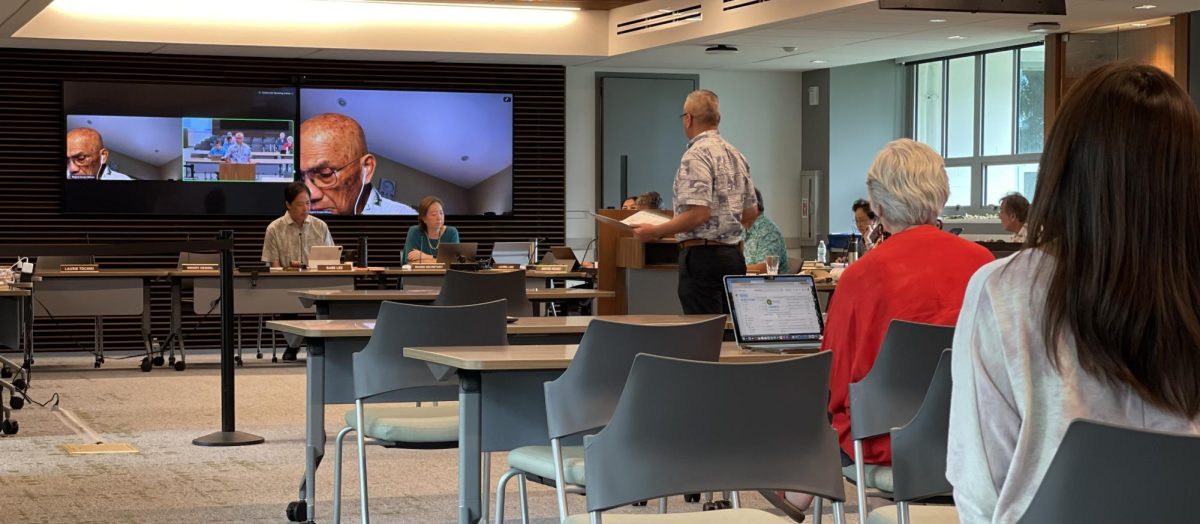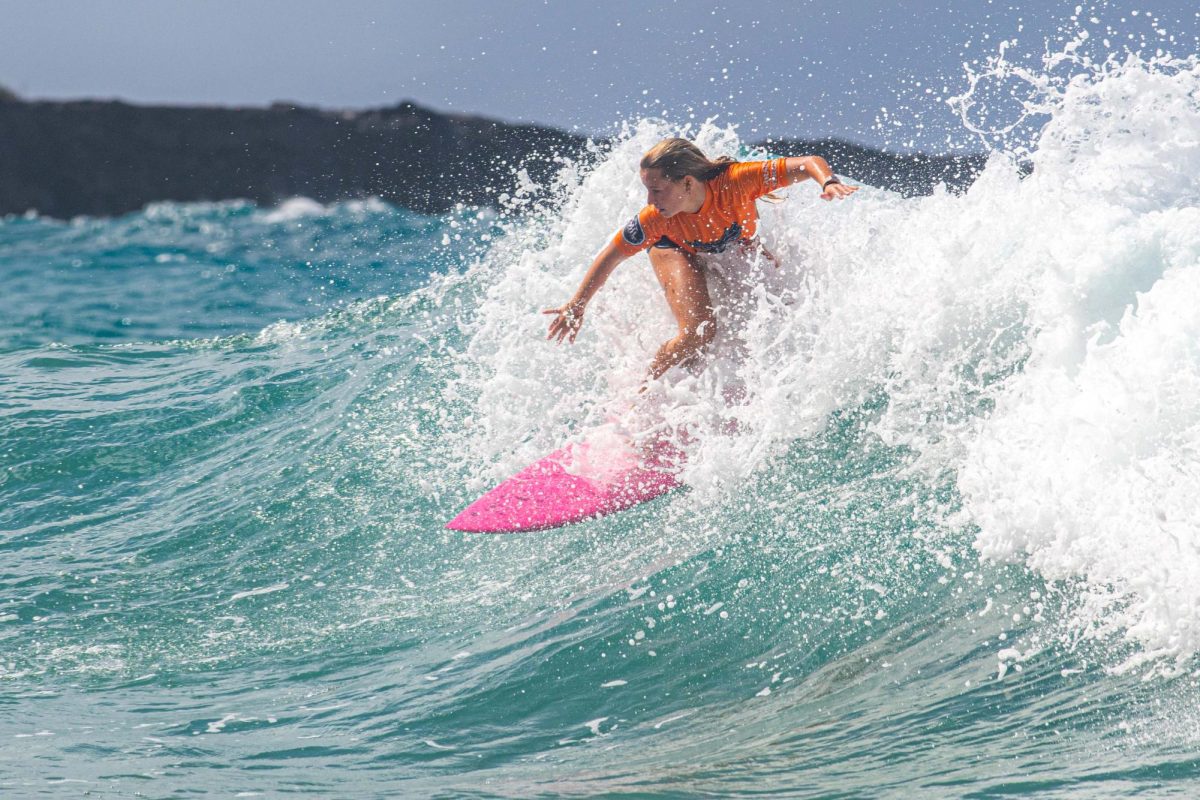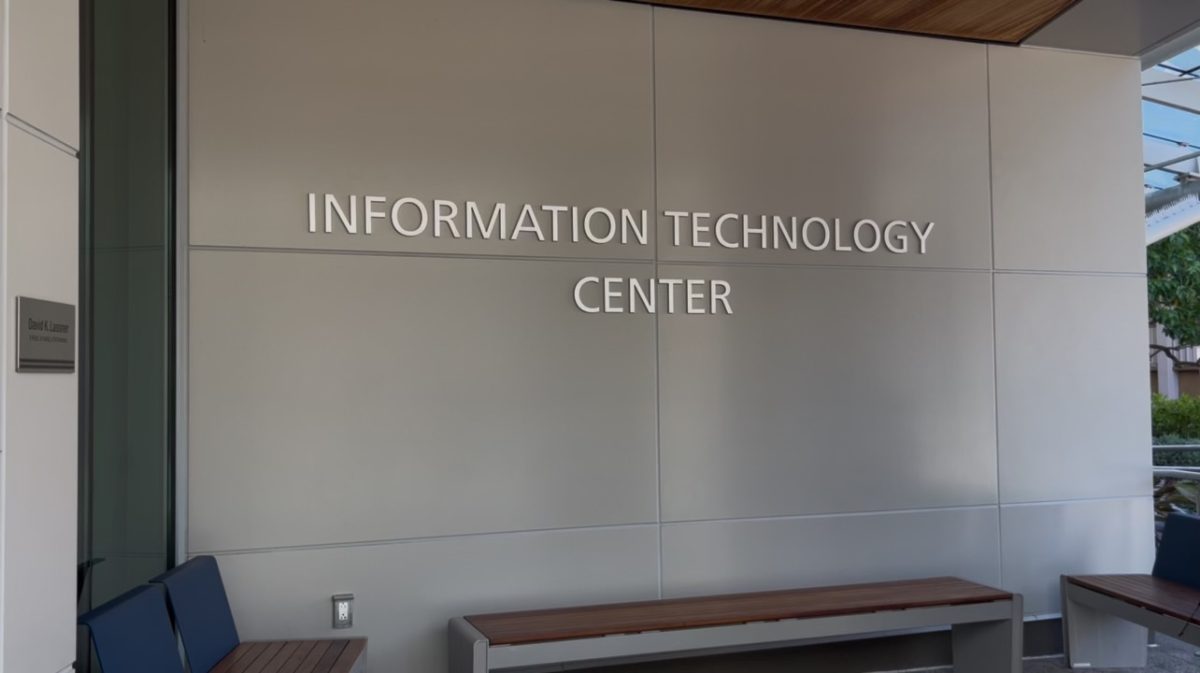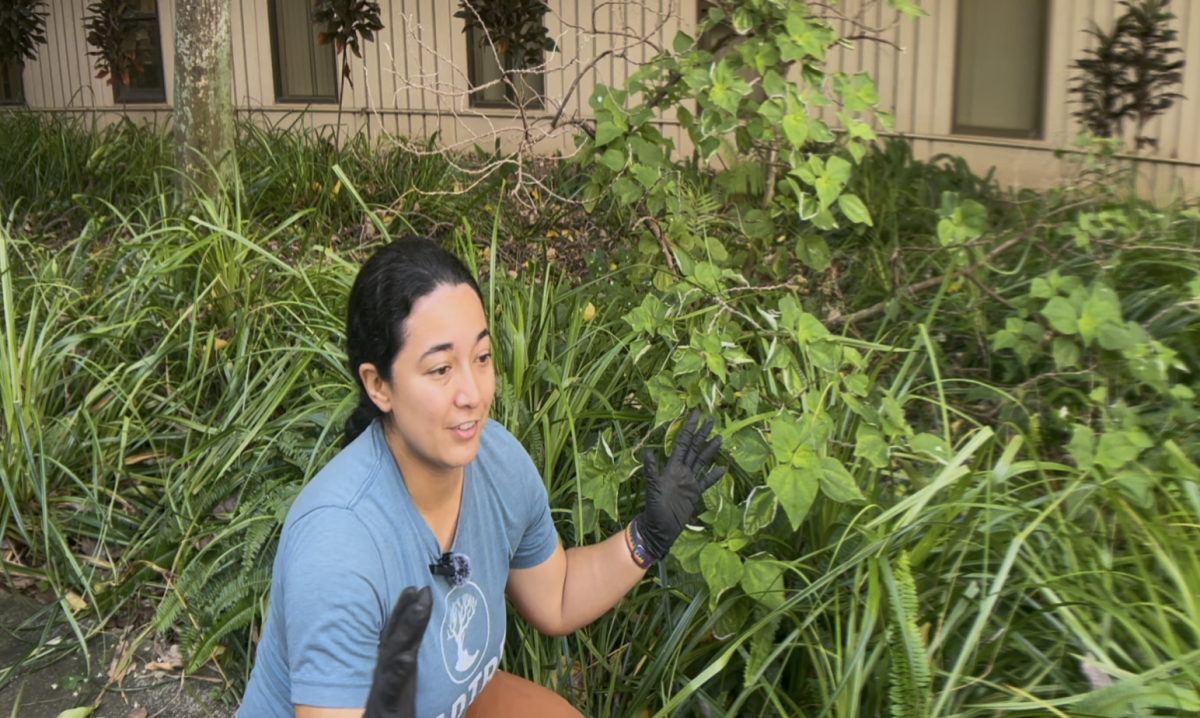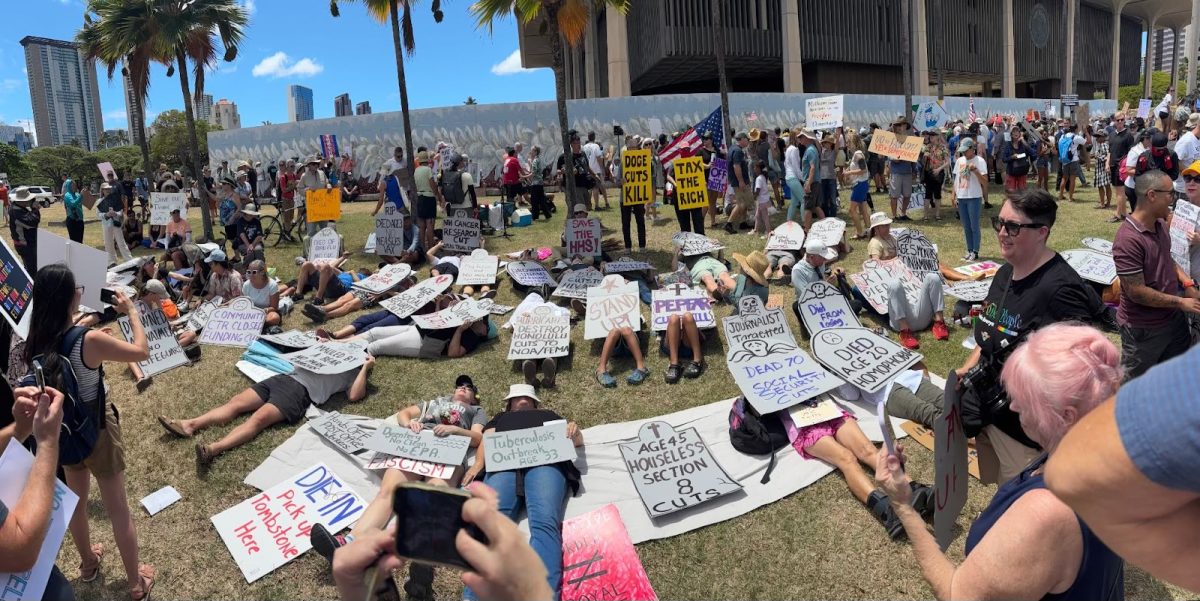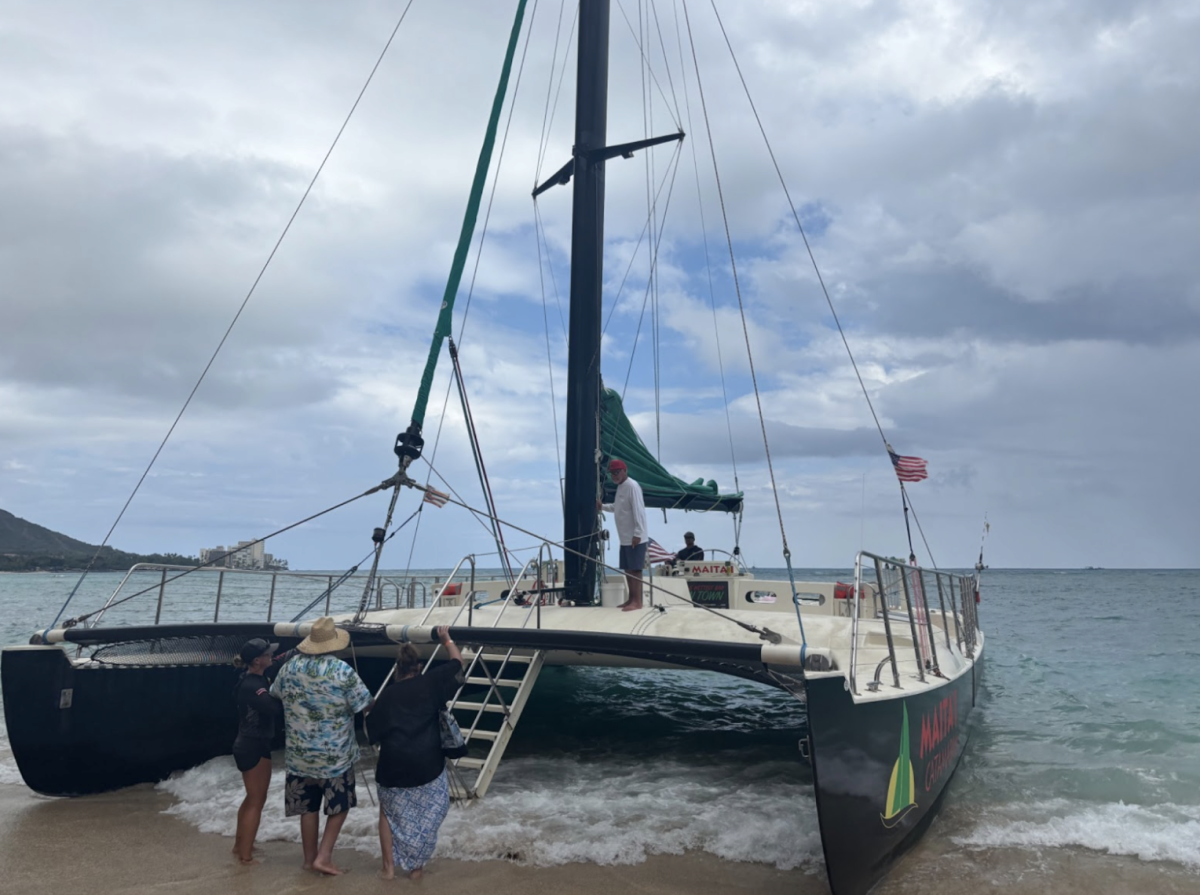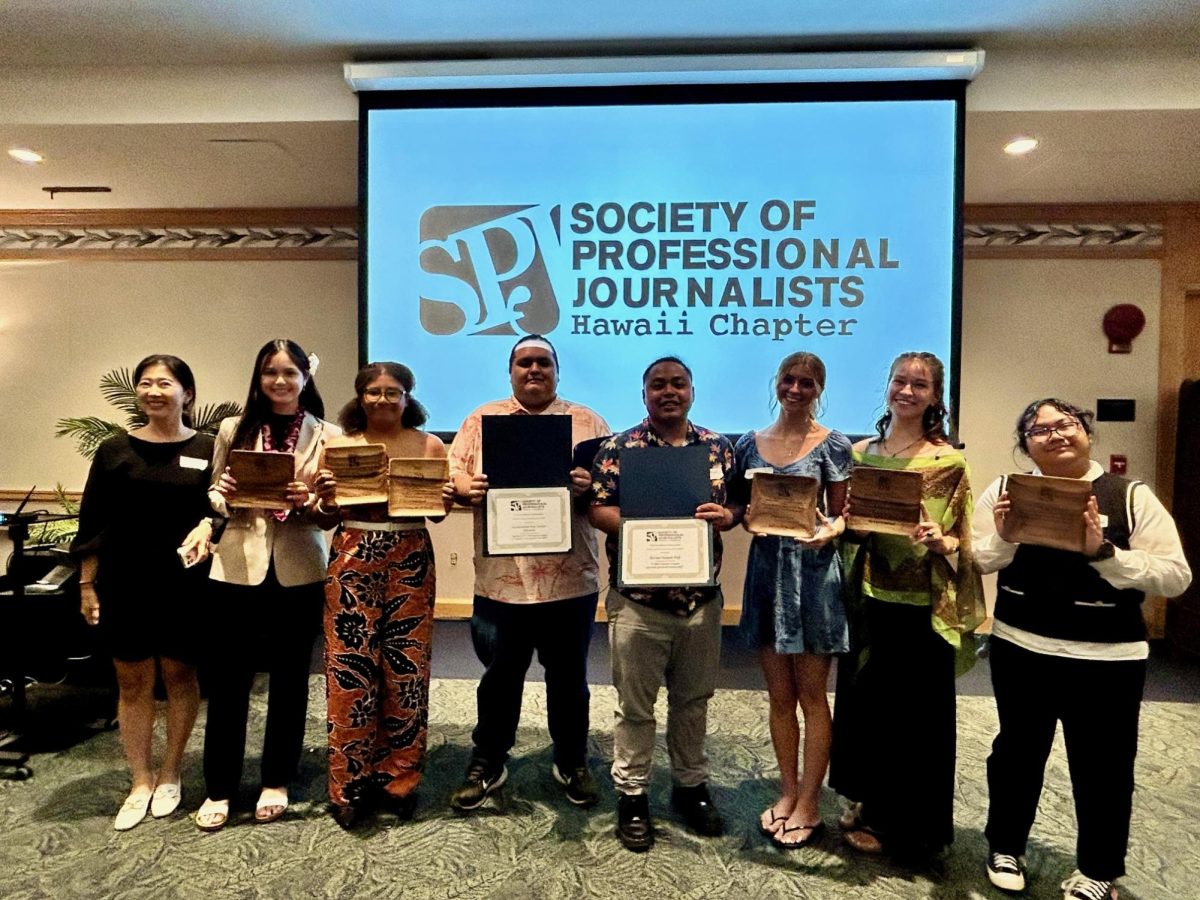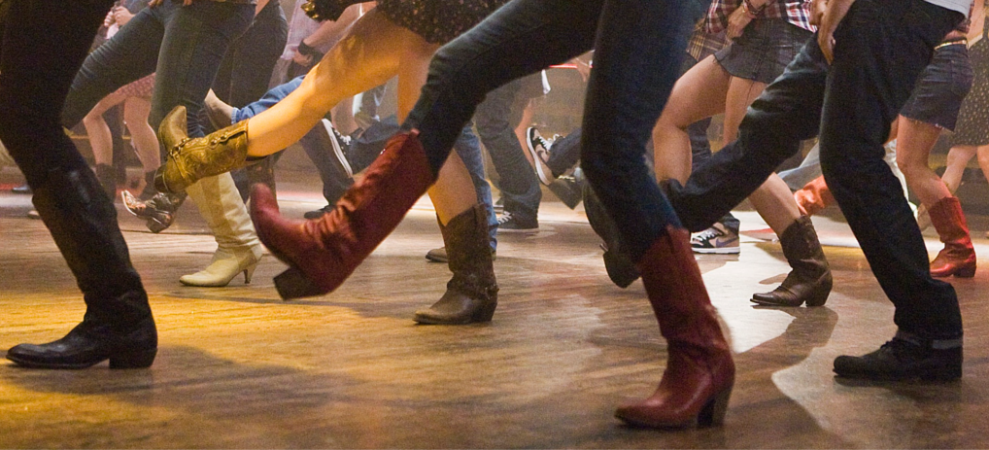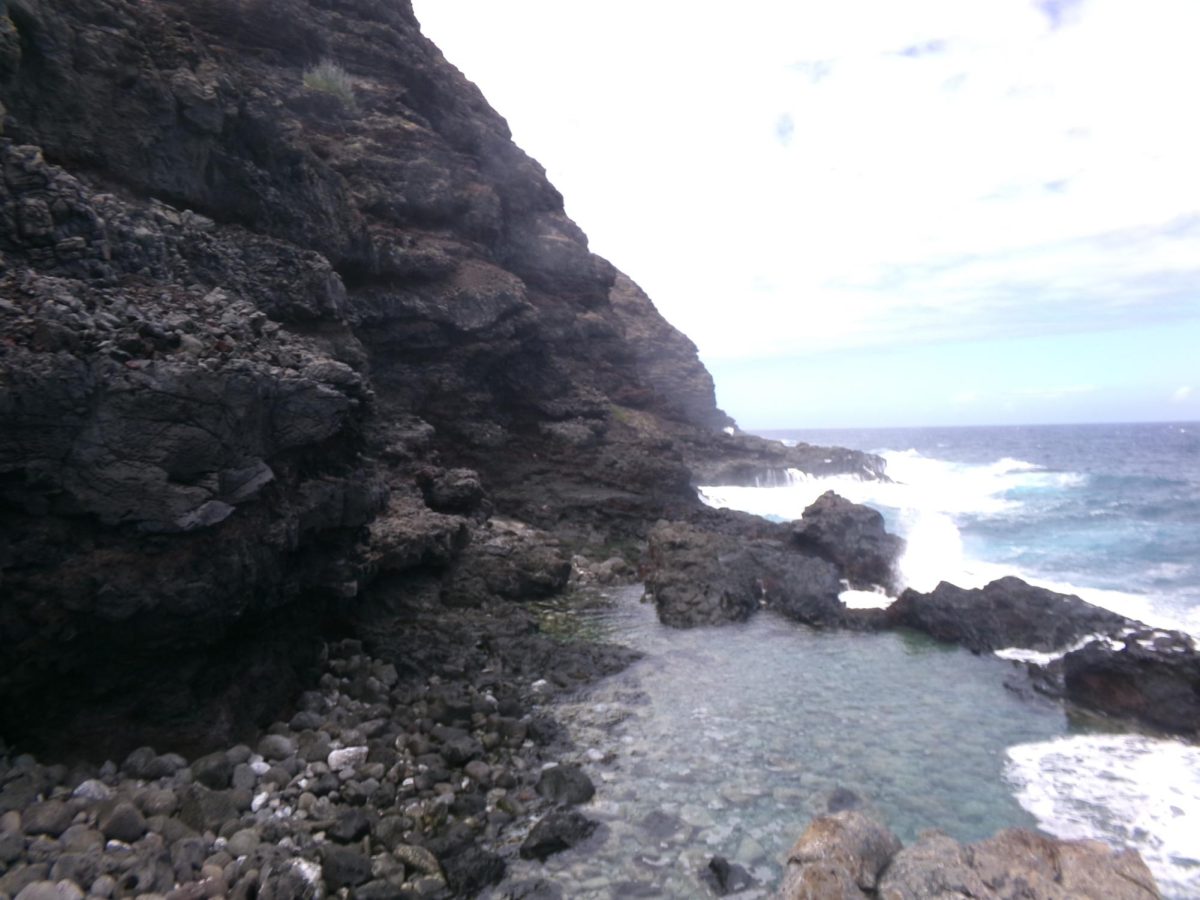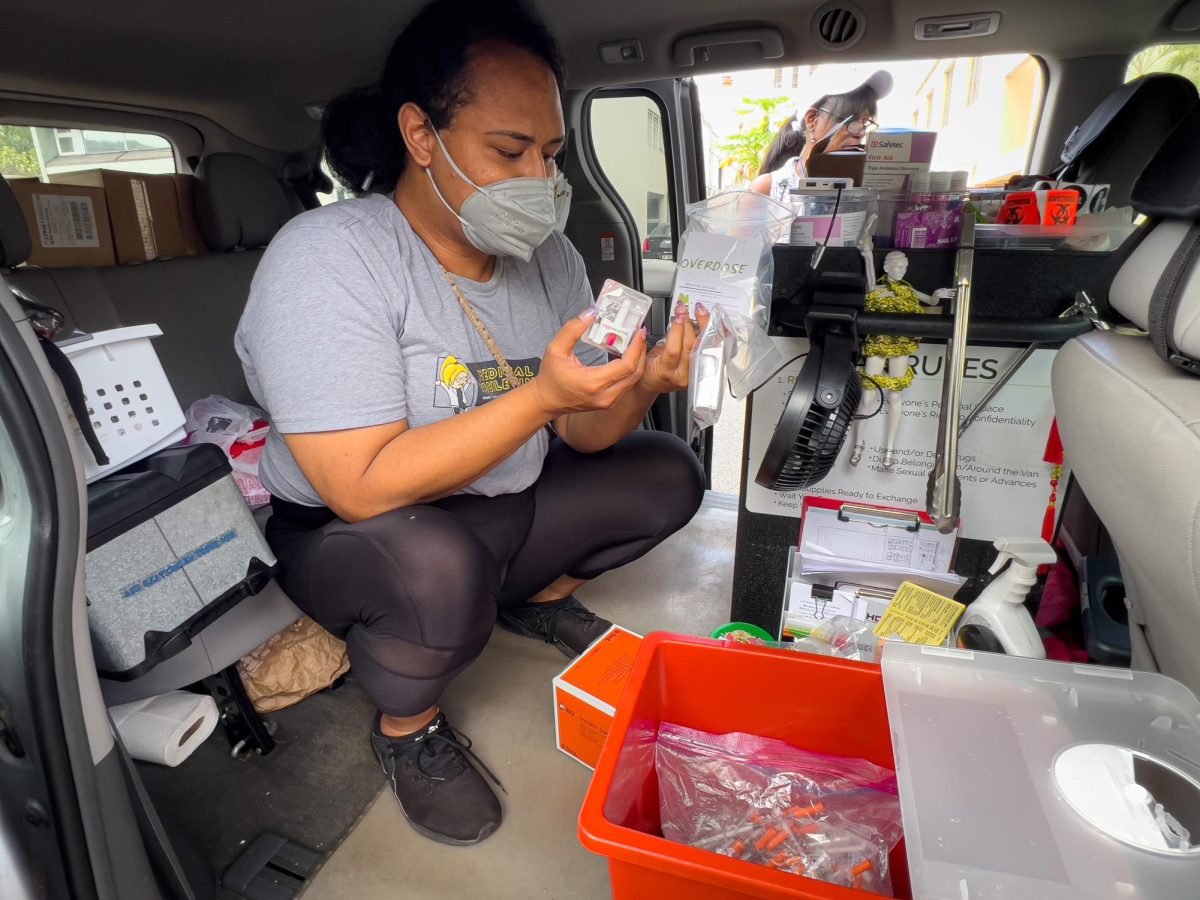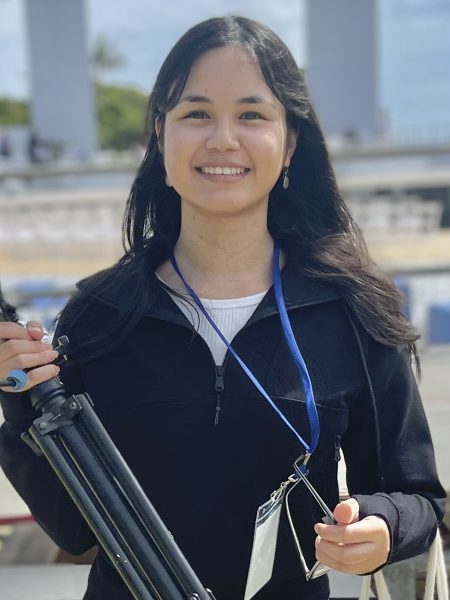UH Mānoa students were looking forward to a trip to Indonesia for an oral history project.
Now, that trip is on a standstill because of the imminent dismantling of the U.S. Agency for International Development as well as confusion that ensued after President Donald Trump announced a freeze on federal funding before walking back those restrictions.
Micah Fisher, an assistant professor at the Matsunaga Institute for Peace and Conflict Resolution, is now fundraising to keep the trip and a program to bridge cultures alive.
“I just feel sad about the lost sort of opportunity. And just, you know, we’ve been working on putting together a lot of momentum to be able to reshape how we learn in this age of technology, and how dependent we are on different resources in the environment,” Fisher said. “Those things continue to be important no matter who is in control politically.”
The full impact of the Trump administration’s executive orders on UH is not yet known.
In messages to faculty and staff, officials have said that they are still trying to understand the impacts of the administration’s decisions and encouraged limits on spending.
UH President Wendy Hensel said that the “scale and speed” of recent federal executive orders are extraordinary and pose significant challenges. In a speech Thursday, she noted the potential impact on areas such as equity, research funding and other university programs.
“What these executive orders mean for our institution is complex and uncertain,” Hensel said. “There is no question that the financial implications are significant. Notably, however, the executive orders do not define what DEIA or ‘environmental justice’ means, and this fact has been noted in several lawsuits that have been filed.”
Hensel acknowledged that the university does not yet have all the answers. She also said UH officials were working with the Board of Regents, the Governor’s office and state Attorney General’s Office to navigate the uncertainty surrounding Trump’s orders, the parameters of which are still unclear.
UH is working with Hawaiʻi’s congressional delegation to advocate for continued research funding and support, Hensel said. She concluded by emphasizing the importance of community strength and the commitment to ensure every individual at UH feels seen and valued.
Graduate students and researchers said they are already feeling some of the impacts from the executive orders.
Mahinaokalani Robbins, a graduate student in the Department of Earth Sciences, testified before the UH Board of Regents on Thursday. She shared her concerns about the growing panic and confusion among students due to the recent changes. The potential defunding of indigenous research grants has affected her ability to stay motivated and continue her work.
Robbins also said that losing funding from the National Science Foundation could be detrimental for women in the sciences. She was frustrated that the administration hadn’t acknowledged how these cuts were affecting students like herself.
William Nelson, a postdoctoral researcher, agreed with Robbin’s concerns and urged the administration to commit to supporting crucial areas like Native Studies and climate research, which were being hurt by the funding freeze. He also stressed the need for better communication with students and faculty, as well as support for those facing financial hardships after losing funding.
Students Protest Executive Orders
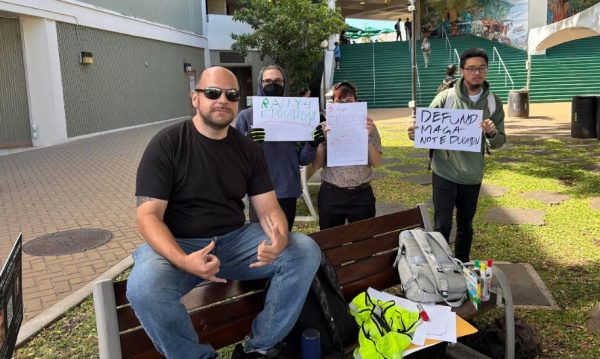
At a protest Jan. 28, UH Mānoa students demonstrated against the funding freezes.
“It’s insane news and it directly affects higher education,” Carson Compos, a graduate student at UH, said.
Compos works as a graduate assistant and like many students and faculty, also had concerns about losing research funding.
UH professors were also concerned about the impact to their research. David Simone, a UH Philosophy professor and co-organizer of the rally, said there are many faculty and students who don’t realize that politics are going to affect their work whether they choose to pay attention to it or not.
Cypriano Way, a UH Mānoa student from Maui, stands in solidarity with UH researchers whose projects could be halted if this freeze were to take place. Way held a sign at the rally that said “Defund MAGA not Education,” a theme many of the attendees expressed as they feel the funding freeze seems to be a stab at education.
“I feel a lot of, you know, heartbreak for a lot of the student researchers who won’t end up being paid won’t end up seeing their proposals [and] their research projects being realized,” Way said.
Being from Maui, Way was also concerned that federal aid would no longer reach Lahaina fire survivors.
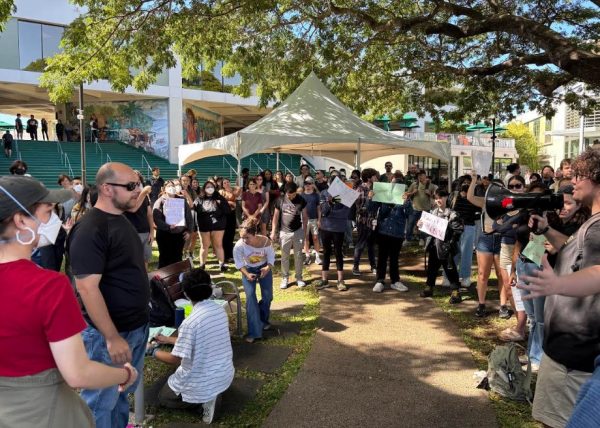
Students expressed fear of losing their federal student aid.
Em Eckfeldt, a student at UH Mānoa, said losing programs such as the Supplemental Nutrition Assistance Program job training and other federally funded programs that provide low-income students with benefits is terrifying and puts many people in detrimental situations.
“I live on my own and it’s really hard,” Eckfeldt said. “It’s things like this that screw over a lot of people.”


